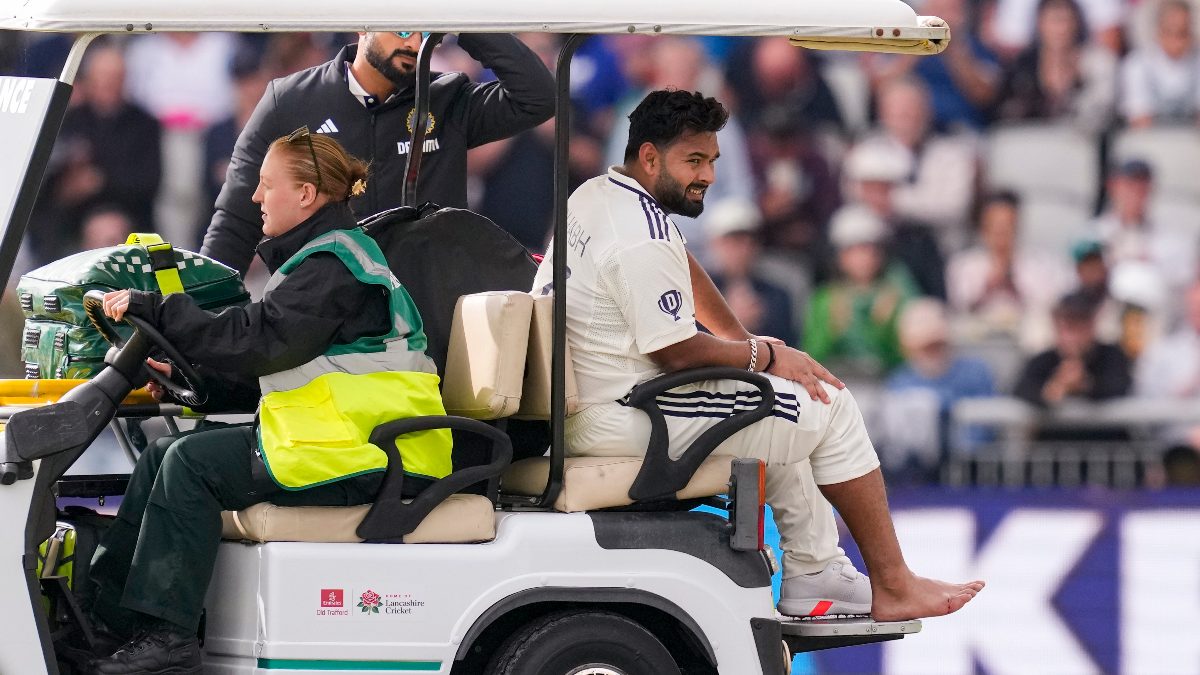

The Board of Control for Cricket in India (BCCI) is set to introduce a "Serious Injury Replacement" rule for the 2025-26 domestic season, marking a significant amendment to playing conditions in multi-day cricket. This decision follows incidents in the recent Anderson-Tendulkar Trophy series between India and England, where key players suffered injuries. The new rule aims to ensure fair competition by allowing teams to replace players who sustain serious injuries during a match.
The "Serious Injury Replacement" rule will apply to multi-day tournaments in Indian domestic cricket, such as the Ranji Trophy. However, it will not be applicable to white-ball events like the Syed Mushtaq Ali Trophy and Vijay Hazare Trophy. The rule permits teams to bring in a "like-for-like" replacement if a player sustains a serious injury while playing.
According to reports, the injury must be significant enough to prevent the player from participating further in the match. Examples of such injuries include fractures, deep cuts, or dislocations. The injury must also occur within the field of play and be the result of an external blow.
The on-field umpires will have the final say in determining the extent of a serious injury and whether a replacement should be allowed. They may consult with the BCCI Match Referee or a doctor present at the ground. The team manager must then submit a "Serious Injury Replacement Request" to the BCCI Match Referee, identifying both the injured player and their proposed replacement.
The BCCI Match Referee will ordinarily approve the request if the replacement is a like-for-like player whose inclusion will not excessively advantage their team for the remainder of the match. The replacement player will inherit any warnings, penalty time, and suspensions imposed on the replaced player. Once a replacement is approved, the replaced player will take no further part in the match.
The need for such a rule was highlighted during the Anderson-Tendulkar series, where Rishabh Pant fractured his foot and Chris Woakes dislocated his shoulder. Both players continued briefly despite their injuries, but their teams were left handicapped.
The introduction of the "Serious Injury Replacement" rule has drawn mixed reactions. Indian head coach Gautam Gambhir welcomed the change, emphasizing that teams should not be punished for major injuries. He argued that allowing a like-for-like replacement would maintain fair competition, especially in closely fought matches.
However, England captain Ben Stokes dismissed the concept, stating that injuries are part of the game and that the rule could create loopholes. Stokes argued that teams should stick with the eleven players they initially pick.
In addition to the "Serious Injury Replacement" rule, the BCCI has also introduced a couple of smaller changes, including amendments to the deliberate short run rule and guidelines around a batsman retiring mid-innings.
It remains to be seen whether the introduction of the "Serious Injury Replacement" rule in Indian domestic cricket will encourage the International Cricket Council (ICC) to consider adopting a similar rule at the global level. The BCCI's influence within the ICC could potentially lead to such a change in the future.